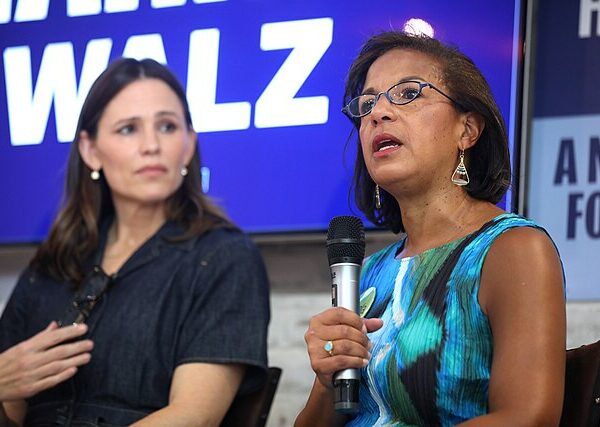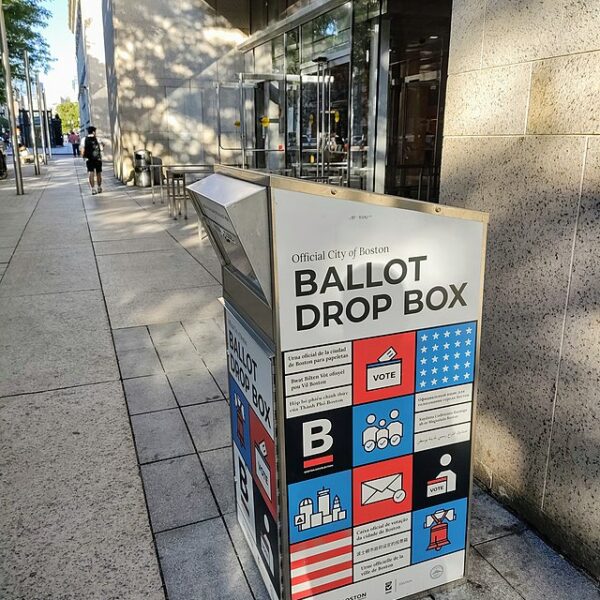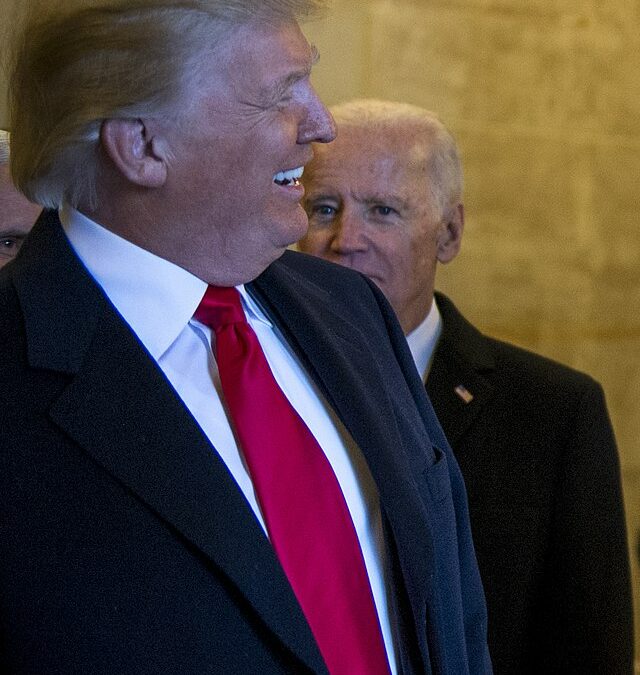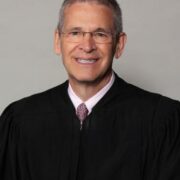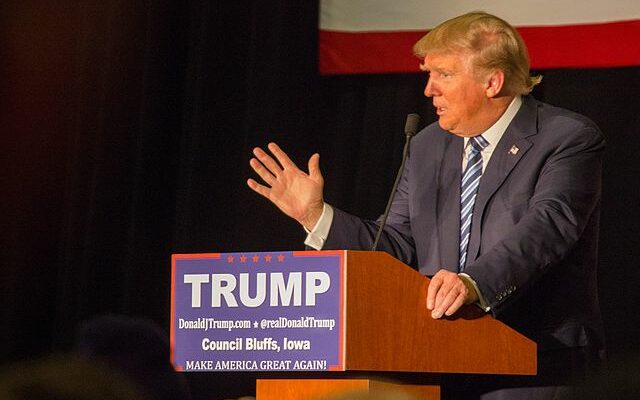
The political trial of the century will start on May 20, 2024 in the Fort Pierce Division of Florida. That’s when former President Donald Trump will face his accusers, Merrick Garland’s Department of Justice, over his mishandling of classified documents. Judge Aileen Cannon, a Trump appointee, will be presiding.
The ruling comes days after Trump’s team argued the trial should be held after the 2024 November election due to the former president’s reelection campaign. The prosecution had requested the trial to begin in late 2023, making Cannon’s ruling an apparent compromise between the two parties, according to The Daily Caller.
“This extraordinary case presents a serious challenge to both the fact and perception of our American democracy. The Court now presides over a prosecution advanced by the administration of a sitting President against his chief political rival, himself a leading candidate for the Presidency of the United States,” attorneys for Trump and Nauta argued in a filing Monday night.
Trump and Nauta were indicted in June on charges related to allegedly possessing classified documents at Mar-a-Lago. Trump was indicted on 37 counts, including 31 counts of alleged violation of the Espionage Act, one count of “conspiracy to obstruct justice;” one count of “withholding a document or record;” one count of corruptly concealing a document or record;” one count of “concealing a document in a deferral investigation;” one count of “scheme to conceal;” and one count of “false statements and representations.”
Trump had previously tried to move the trial date past the 2024 election, presumably because if he were to retake the White House after the election, he could shut down the case.
In her new order, writes CNN, “Cannon cited the ‘voluminous’ evidence prosecutors are turning over to the defense as well as the complexities that the classified material at the heart of the case will bring to the proceedings. She also said that the court will be ‘faced with extensive pre-trial motion practice on a diverse number of legal and factual issues, all in connection with a 38-count indictment.’
Nevertheless, she was not convinced by the Trump team’s arguments that those issues justified holding off setting a trial date altogether, writing that she did ‘not see a sufficient basis on this record to postpone entry of a scheduling order.’”
The trial will be difficult for the former president. The New York Times noted yesterday that “generally, criminal defendants must be present in the courtroom during their trials. Not only will that force Mr. Trump to step away from the campaign trail, possibly for weeks at a time, but the judges overseeing his trials must also jostle for position in sequencing dates. The collision course is raising extraordinary — and unprecedented — questions about the logistical, legal and political challenges of various trials unfolding against the backdrop of a presidential campaign.
‘The courts will have to decide how to balance the public interest in having expeditious trials against Trump’s interest and the public interest in his being able to campaign so that the democratic process works,’ said Bruce Green, a Fordham University professor and former prosecutor. ‘That’s a type of complexity that courts have never had to deal with before.’
More broadly, the complications make plain another reality: Mr. Trump’s troubles are entangling the campaign with the courts to a degree the nation has never experienced before and raising tensions around the ideal of keeping the justice system separate from politics.”
The trial will involve one of the three likely indictments of Donald Trump. The others being an indictment out of Manhattan that has been lambasted by conservatives and liberals alike and the other stemming from Trump’s role in a “fake electors” scheme to change the vote in the Electoral College following the election of 2020.
[Read More: NYC Mayor Has Liberals Screaming]

